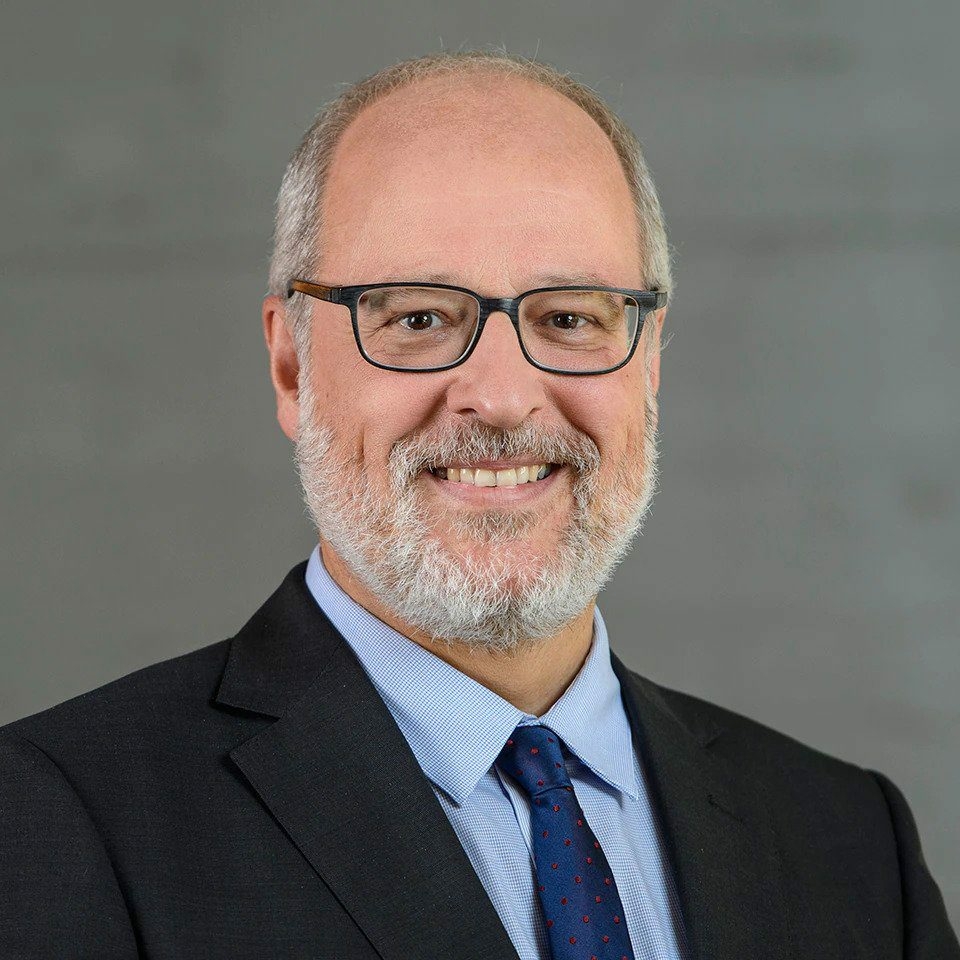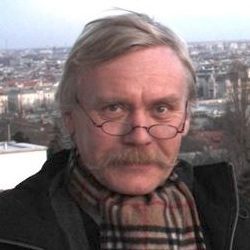|
|
|
|
 |
|
|
DiploFoundation |
Permanent Mission of |
Permanent Mission of |
International Telecommunication |
Geneva Centre for |
From the Geneva E-dipomacy Day (16 November 20120):
- E-diplomacy Principles
- Blogs: Are you e-competent? The story of evolution of diplomacy.
- Interviews
- Photos
Geneva E-diplomacy Day
E-diplomacy is in the media focus; for example, we hear much about presidents and ministers tweeting. However, many international relations professionals and diplomats need more practical information on how e-tools can help them in their work.
Should diplomats blog? Can Twitter improve communication? How can diplomats manage the avalanche of information that faces them every day? Is online training a solution for continuous learning in diplomacy?
These and other questions were addressed by practising diplomats, specialists in international relations, and Internet experts during the Geneva E-diplomacy Day, which took place on 16 November at the World Meteorological Organisation (WMO).
Some excerpts and presentations are available below within the conference programme.
Geneva E-Diplomacy Community
The E-diplomacy Day was organised for diplomatic community in Geneva. If you would like to join this community, be informed about future related events in Geneva and suggest activities, follow this link.
Programme
|
TIME |
SESSION |
|
9.00 – 9.30 |
Coffee and registration |
|
9.30 – 9.40 |
Welcome by organisers and tour of the day
|
|
9.40 – 10.25 |
Digital competences – the five C’s (Curate, Critique, Collaborate, Create, Communicate) by Pete Cranston, DiploFoundation |
|
10.25 – 10.40 |
Coffee break |
|
10.40 – 12.10 |
Online learning for diplomatic services and international organisations By the very nature of their professions, diplomats and international officials are scattered all over the world. E-learning is often the only feasible way to provide continuous training. HEID, IFRC, GCSP and Diplo will present their experiences in engaging their learning communities around the world. Speakers:
Moderator: Dejan Dinčić (DiploFoundation) |
|
12.10 – 13.00 |
Refreshments and canapés |
|
13.00 – 14.00 |
E-diplomacy: Challenges for multilateral diplomacy High-level panel with the following speakers:
Moderator: Dr Jovan Kurbalija (Director, DiploFoundation) |
|
14.00 – 14.45 |
Speakers available for informal discussion. |
|
14.45 – 15.30 |
E-diplomacy labs (Technical discussions in small groups. Participants will select theme of their interest.)
|
|
15.30 – 15.45 |
Coffee break |
|
15.45 – 16.30 |
The Internet as a new topic on the diplomatic agenda: Summary of the approaches and current developments Speakers:
|
|
16.30 – 17.30 |
Individual consultations: hints, tips, and lessons learned This session could be described as: ‘everything you always wanted to know about e-diplomacy, but were afraid to ask.’ Individually or in small groups, participants will have the opportunity to discuss e-diplomacy tools (information aggregators, Twitter, Facebook, blogs) with Diplo team members. |
For more information on Diplo's e-diplomacy activities, visit our e-diplomacy webpage.











